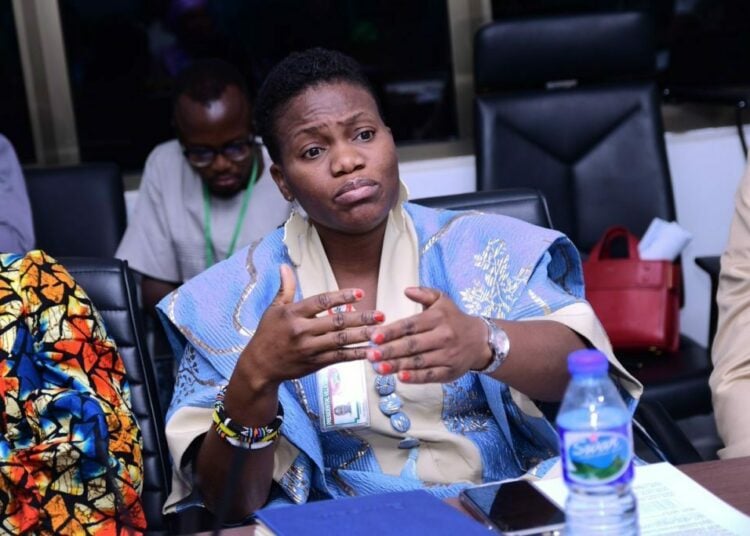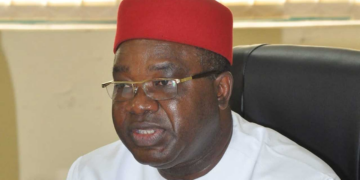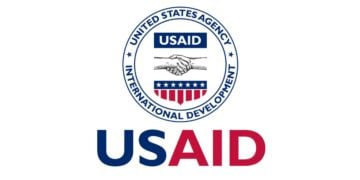The Presidency has identified historical mistrust, land-grabbing, banditry, and illegal mining as major factors fueling insecurity and communal bloodshed in the North-Central region.
Senior Special Assistant to the President on Community Engagement (North-Central), Dr Abiodun Essiet, disclosed this on Monday while briefing State House correspondents at the Presidential Villa, Abuja, alongside her counterparts from the North-west, South-east, and South-west zones.
Essiet said the violence ravaging the region was “deeply rooted in unresolved historical tensions and resource conflicts,” which had been worsened by the activities of armed groups exploiting governance and development gaps.
“Our briefing focused heavily on insecurity, and we identified historical mistrust, land-grabbing, banditry, and illegal mining as major triggers of violence. The President has promised to strengthen peace structures and ensure our communities are safe,” she said.
She revealed that community peace structures had been established across 121 local government areas, including 32 in Niger, 21 in Kogi, and 23 in Benue, with deployment set to begin this week in all 17 LGAs of Plateau State.
The peace structures, she explained, would bring together traditional rulers, farmers’ associations, Fulani groups, youth, and women to promote conflict resolution and reconciliation.
Essiet also linked the worsening security situation to poor infrastructure, particularly along the Kogi–Kwara corridor, which she said had become a haven for bandits because of the dilapidated road network.
According to her, President Bola Ahmed Tinubu has directed relevant ministries to take urgent steps toward improving road infrastructure in the region.
Speaking on the situation in the Northwest, Senior Special Assistant Abdullahi Tanko-Yakasai said his office was focusing on reducing the region’s high number of out-of-school children.
He said vulnerable children were being enrolled in primary schools and provided with uniforms, books, and learning materials. While acknowledging improved agricultural output this season, he noted that fertiliser access remained a challenge and that the President had promised intervention.
Tanko-Yakasai also highlighted efforts to mobilise voter registration and create awareness about the new student loan scheme and ongoing tax reforms.
“We are the bridge between the Federal Government and the grassroots,” he said.
For the Southeast, Senior Special Assistant Chioma Nweze said the region had launched a Citizens’ Assembly to deepen engagement and understanding of government policies.
She noted that renewed federal presence through ministerial appointments and major road projects had begun to restore public confidence. “It’s been long since we saw federal presence in the Southeast. But now, we are seeing a lot of road construction courtesy of this administration,” she said.
Nweze added that the Monday sit-at-home directive was losing traction, while the President had pledged support for youth skills acquisition and agricultural programmes across the region’s 95 local government areas.
In her own briefing, the representative for the Southwest, Moremi Ojudu, described the discussions with the President as “insightful,” noting that Tinubu emphasized the need to expand National Identification Number (NIN) enrolment nationwide to strengthen identity management.
She said her team would scale up grassroots sensitisation to deepen understanding of the Renewed Hope Agenda and promote peacebuilding.
“We owe it to ourselves to safeguard this country. We have nowhere else to go,” she said, adding that the President directed collaboration with key stakeholders on livestock reforms in the North-Central.
Representatives for the South-South and North-East zones were absent due to official engagements.
The Presidential Community Engagement Team was established to enhance grassroots mobilisation and provide real-time feedback to the Presidency on policy implementation and citizen response.





